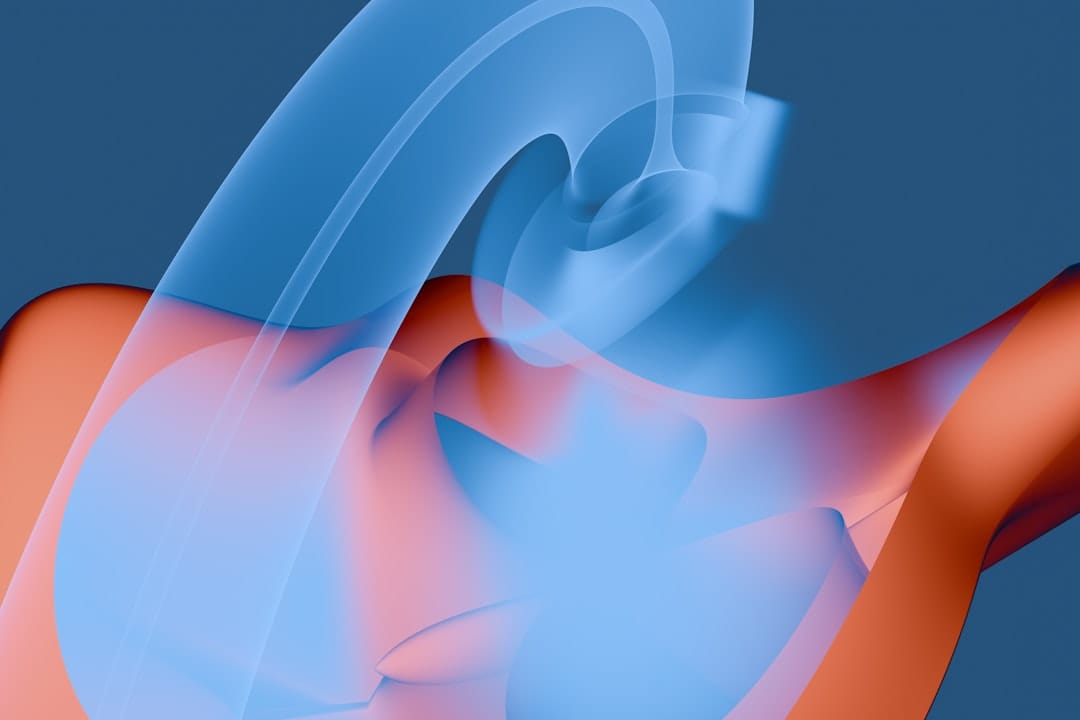Understanding Common Triggers of Atrial Fibrillation and Their Impact
Atrial fibrillation (AFib) is a common cardiac condition characterized by an irregular and often rapid heartbeat. This arrhythmia can lead to symptoms such as heart palpitations, fatigue, shortness of breath, dizziness, and chest discomfort. Beyond these symptoms, AFib poses a significant health…

High Blood Pressure
High blood pressure is a significant trigger for atrial fibrillation. When blood pressure is elevated, it can cause changes in the heart's structure and function, leading to an increased risk of AFib. Managing blood pressure through lifestyle changes and medication can help reduce the frequency of AFib episodes.
Alcohol Consumption
Alcohol consumption is another well-documented trigger for AFib. Even moderate drinking can lead to episodes in some individuals. Alcohol can affect the electrical signals in the heart, leading to irregular heartbeats. Reducing or eliminating alcohol intake can be a beneficial strategy for those prone to AFib.
Caffeine Intake
Caffeine, commonly found in coffee, tea, and energy drinks, can also trigger AFib in some people. While moderate caffeine consumption is generally considered safe for most individuals, those with a history of AFib may need to monitor their intake to prevent triggering an episode.
Stress
Stress is a common trigger for many health conditions, including AFib. Emotional stress can lead to increased heart rate and blood pressure, which may precipitate an AFib episode. Stress management techniques such as meditation, yoga, and deep breathing exercises can be effective in reducing the risk of AFib.
Physical Exertion
While regular exercise is beneficial for heart health, excessive physical exertion can trigger AFib in susceptible individuals. It is important for those with AFib to balance physical activity with adequate rest and to consult with healthcare providers to develop a safe exercise plan.
Sleep Apnea
Sleep apnea, a condition characterized by interrupted breathing during sleep, is a known trigger for AFib. The repeated episodes of low oxygen levels during sleep can strain the heart and lead to arrhythmias. Treating sleep apnea with continuous positive airway pressure (CPAP) therapy or other interventions can help reduce the risk of AFib.
Certain Medications
Certain medications can also trigger AFib. These may include drugs that affect heart rhythm or those that have stimulant properties. It is important for individuals with AFib to discuss all medications, including over-the-counter drugs and supplements, with their healthcare provider to avoid potential triggers.
Conclusion
Atrial fibrillation is a complex condition with multiple triggers that can vary from person to person. Identifying and managing these triggers is essential for reducing the frequency and severity of AFib episodes. By addressing factors such as high blood pressure, alcohol consumption, caffeine intake, stress, physical exertion, sleep apnea, and medication use, individuals can take proactive steps to manage their condition and improve their quality of life.
FAQs
**What are the common symptoms of atrial fibrillation?**
Common symptoms include heart palpitations, fatigue, shortness of breath, dizziness, and chest discomfort.
**How is atrial fibrillation diagnosed?**
AFib is typically diagnosed using an electrocardiogram (ECG/EKG) to assess the heart's rhythm.
**What are the treatment options for atrial fibrillation?**
Treatment may include medications, lifestyle changes, and procedures such as catheter ablation.
References
https://www.michiganmedicine.org/health-lab/7-common-afib-triggers-may-surprise-you
https://www.mayoclinic.org/diseases-conditions/atrial-fibrillation/symptoms-causes/syc-20350624
https://www.nhlbi.nih.gov/health/atrial-fibrillation/causes
https://www.ncbi.nlm.nih.gov/books/NBK526072/
https://www.ucsf.edu/news/2019/02/413256/most-triggers-irregular-heartbeat-can-be-easily-modified
https://www.nhs.uk/conditions/atrial-fibrillation/
https://www.webmd.com/heart-disease/atrial-fibrillation/causes-risks-triggers-afib
https://www.heartfoundation.org.au/your-heart/atrial-fibrillation
https://my.clevelandclinic.org/health/diseases/16765-atrial-fibrillation-afib
https://www.endeavorhealth.org/articles/afib-triggers-prevention